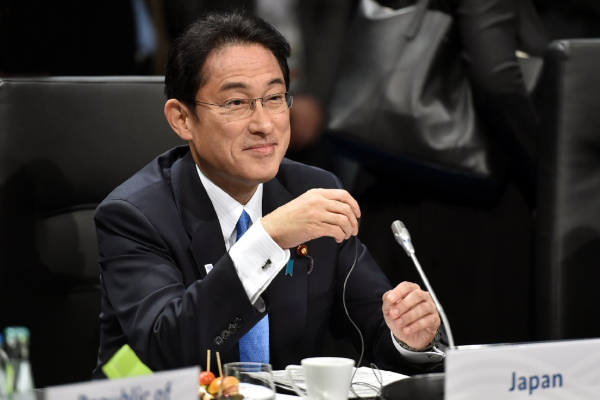Fumio Kishida will be the first sitting prime minister in the history of Japan to appear before a parliamentary ethics committee today. Joining him will be four lawmakers from the biggest faction of the ruling Liberal Democratic Party (LDP), who are at the centre of the scandal, including former trade minister Yasutoshi Nishimura.
The prime minister’s appearance follows weeks of wrangling between the opposition and the LDP. The committee is responsible for examining the political and moral conduct of lawmakers who face allegations of wrongdoing. He hoped that his appearance before the committee as the president of the ruling coalition would help restore public trust in politics.
The ruling coalition has been under the scanner amid allegations that some factions neglected to report portions of their incomes from fundraising parties and created slush funds. Prosecutors have so far indicted or issued indictments to 10 individuals belonging to the various factions of the coalition.
“I’m hoping that lawmakers … will fulfil their responsibility to explain their actions on various platforms, including the ethics committee, in order for us to revive trust in politics,” Kishida said.
His appearance comes at a time when the government aims to secure swift passage of a budget for the next fiscal year starting in April. Deliberations on the budget have come to a standstill due to impasse over committee hearings.
The hearing of the ethics panel will be open to the media. The prime minister is expected to explain the fundraising parties he has held since taking power in October 2021.
Last week, the ruling coalition said that two lawmakers — Ryu Shionoya, the de facto leader of the biggest faction and Ryota Takeda, a senior member of another intraparty group, will attend the council. This was turned down by the opposition, which demanded the attendance of more LDP lawmakers.
Over 80 LDP lawmakers, most of them belonging to a faction previously led by assassinated former Prime Minister Shinzo Abe, acknowledged not reporting funds in possible violation of the Political Funds Control Law.
In a career spanning three decades and counting, Ramananda (Ram to his friends) has been the foreign editor of The Telegraph, Outlook Magazine and the New Indian Express. He helped set up rediff.com’s editorial operations in San Jose and New York, helmed sify.com, and was the founder editor of India.com.
His work has featured in national and international publications like the Al Jazeera Centre for Studies, Global Times and Ashahi Shimbun. But his one constant over all these years, he says, has been the attempt to understand rising India’s place in the world.
He can rustle up a mean salad, his oil-less pepper chicken is to die for, and all it takes is some beer and rhythm and blues to rock his soul.
Talk to him about foreign and strategic affairs, media, South Asia, China, and of course India.





